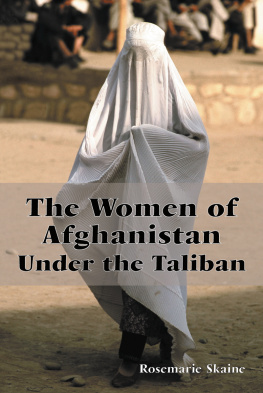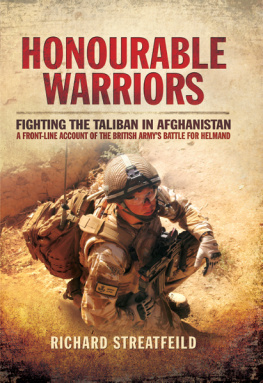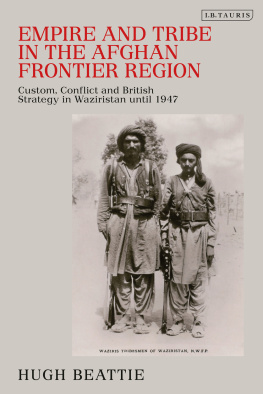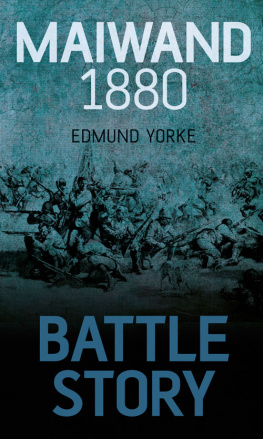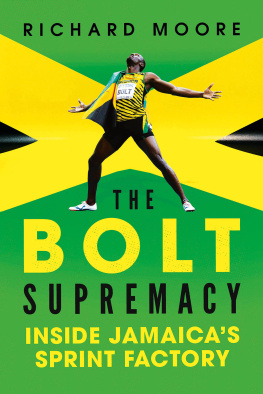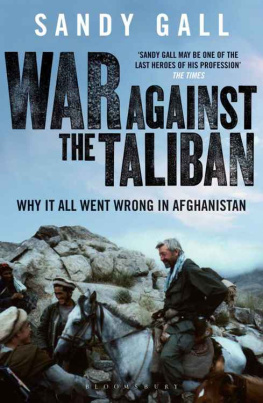Characters in Butcher and Bolt
Afghans (listed with first names in alphabetical order for clarity)
ABDUL RASHID DOSTAM Uzbek militia leader who emerged as head of the north of Afghanistan, and remained loyal to communist side until 1992; made and broke many alliances with mujahidin leaders; ousted by Taliban 1997; re-emerged after 2001, but never again in undisputed control of north.
ABDUL RASUL SAYYAF Cairo-educated Wahhabi fundamentalist; commander of mujahidin group in 1980s financed almost exclusively by Saudi Arabia; prominent member of post-2001 parliament.
ABDUR RAHMAN 'the iron amir'; grandson of Dost Mohammed; Barakzai dynasty; lost five-year civil war after death of Dost in 1863 and fled north to Russian-controlled territory; returned to Kabul and installed as amir by British in July 1880; united Afghanistan for first time in a century; agreed Durand line as border with British India 1893; stirred up frontier tribes to fight jihad against British control; died in 1901.
AHMED SHAH DURRANI first amir of united Afghanistan, known as 'father of the nation'; founder of Sadozai dynasty; died 1772.
AHMED SHAH MASSUD mujahidin commander nicknamed 'Lion of Panjshir'; trained as guerrilla by Pakistan, and led first uprising against reformist government in Afghanistan in 1975 (four years before Soviet invasion); successfully blocked seven Soviet attempts to take the Panjshir valley; defence minister in post-Soviet government in 1992; lostKabul to the Taliban 1996; killed by bomb in TV camera two days before attacks of 9/11.
AKBAR KHAN son of Dost Mohammed; Barakzai dynasty; killed Macnaghten in 1841 and presided over slaughter of retreating army; defeated by Sale who broke out of Jalalabad siege in 1842; appointed wazir when Dost returned to power in 1843; died (possibly poisoned) in 1845, aged 29.
AMANULLAH reformist amir who succeeded his father Habibullah in 1919; lost war against Britain, but succeeded in winning full Afghan independence; embarked on radical programme including rights for women; ousted in violent uprising against reforms in 1929.
BACHA SAQAO Tajik warlord who seized power in Kabul amid chaos following uprising of 1929; name means son of a water carrier; executed when order restored in same year.
BABRAK KARMAL communist leader of Afghanistan installed by Soviet invasion in December 1979; ousted when Gorbachev took over in Moscow in 1985.
BORJAN nom de guerre of veteran of mujahidin war against Soviet control who was first military commander of Taliban; died in battle for Kabul September 1996.
BURHANUDDIN RABBANI Cairo-educated professor who led Islamist underground movement in early '70s; fled to Pakistan when President Daoud moved against fundamentalists; remained on Pakistani side of frontier during war against Soviet invasion as head of Hezb-i-Islami, one of main groups fighting against Soviet forces; was briefly president in post-soviet chaos.
DAOUD Afghanistan's first president; abolished monarchy in 1973 when he led bloodless coup against his cousin Zahir Shah; attempted reforms, but killed with many of his family members in Saur revolution of 1978.
DOST MOHAMMED 'the great amir'; Barakzai dynasty; took power in 1826 after fighting his way to the top of large family of competing brothers; forced out by British invasion 1839; returned to power in 1843; ruled until death in 1863.
GHULAM HAIDER commander of Abdur Rahman's army in the 1890s; played key role in fomenting insurrection against Britain on the frontier.
GULBUDDIN HEKMATYAR mujahidin commander who began as Islamist student leader; fled to Pakistan in early 1970s after crackdown by Afghan government; trained as guerrilla by Pakistan; received largest share of US funding to defeat Soviet invasion of Afghanistan; in 2006 announced he was now fighting US under al-qaeda banner.
HABIBULLAH amir who succeeded his father Abdur Rahman in 1901; assassinated 1919.
HAFIZULLAH AMIN briefly leader of Afghanistan after murdering Nur Mohammed Taraki in September 1979 to seize power for his faction of communist party; desire for better relations with Western countries and Pakistan provoked Soviet opposition; killed in Soviet invasion in December 1979.
ISMAIL KHAN Afghan army captain involved in uprising against communist control in Herat ten months before the Soviet invasion in 1979; became leader of mujahidin in the west; governor of Herat from 1992 until forced out by Taliban attack in 1995; reappointed governor 2001, but removed by President Karzai after fighting in 2004, and appointed minister of energy.
JABAR KHAN brother of Dost Mohammed; Barakzai dynasty.
KAMRAN SHAH British-backed ruler of Herat from 1818; Sadozai dynasty; lazy, oppressive and fond of sadistic punishment; killed by his wazir in 1842.
MAHMUD TARZI intellectual whose magazine inspired Amanullah's radical reforms in 1920s; became foreign minister.
MULLAH MUSHK-I-ALAM leader of uprising against British control of Kabul in 1879.
MULLAH OF HADDAH known as 'the Light of Islam'; Afghan mullah who backed 1897 uprising on the frontier against British control.
MULLAH OMAR mujahidin commander who became founding leader of the Taliban in 1994; head of Taliban government 19962001; Taliban fighters still said he was leader in 2008, although in hiding.
NADIR SHAH general who took power after chaos of 1929 uprising; heir of Musahiban branch of Barakzai dynasty.


